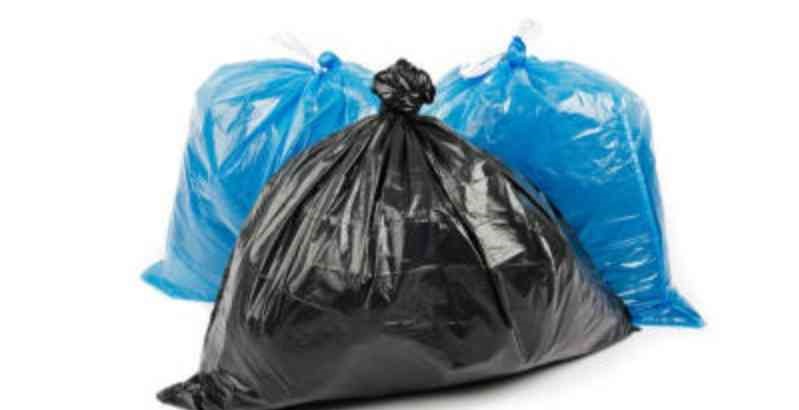Customs officials have been accused of accepting bribes to facilitate the smuggling of plastic bags into the country, environmental officials revealed Thursday. However, the interior ministry, through police, denied awareness of such bribery.
In 2018, the government banned the use and importation of plastic bags to combat pollution threatening public health and ecosystems. Despite the order, enforcement remains weak, with observers citing poor inter-agency coordination as a key challenge.
A deposit-refund policy introduced last year in Juba—offering one U.S. cent per returned plastic bottle—has also failed to show results.
At a press conference marking World Environment Day in Juba on Thursday, Josephine Napwon Cosmos, Minister of Environment and Forestry, accused customs officers of enabling plastic smuggling through bribes. This year’s theme, “Ending Plastic Pollution Globally,” highlighted the ongoing crisis.
“But also, these days, there are too much bribes, you know, we see plastic bags coming to the market and it is all over now, this is because people are hungry and there is nothing, people have resorted to small bribes, you are bribed and you just let the car enter,” Napwon said.

She announced plans for another ministerial order to reinforce the ban, stressing the dangers of plastic pollution. “Our main problem in this country is that we are not following our laws and that is the main problem in our country but we are trying our best, we will issue another ministerial order to enforce because plastic bags are all over and it is very harmful to our health.”
Jaden Tongun Emilio, Undersecretary for Forestry, acknowledged policy shortcomings but pledged stronger measures. “You also know when we talk about ending the plastics, we have tried, just like one of the questions that came up, that policies and then orders or ministerial orders are not working or they are not very effective. We need policies in order to establish it,” Tongun said.
Reacting to the accusation, Police Spokesperson Maj. Gen. James Monday Enoka denied receiving formal complaints about customs corruption.
“So I may not deny what has been said, but what I am saying is that such a report has not come to us. The charge is not to arrest anybody doing that kind of crime. And the professional standards have not arrested our personnel or officers who are misbehaving. This thing is not just hearsay,” Monday told Radio Tamazuj.
“You know, sometimes people attack a lot, but they don’t have evidence. The government says it is not like that. The police enforce their law with evidence. And even if there is no evidence, whether the criminal court or the police court will dismiss their allegations.”
Environmental activist Garang Maguet Garang, founder of Greening South Sudan, urged better plastic waste management. “Plastic waste has both negative effects on animals and plants, especially in Juba.
“There is a lot of littering in Juba and most of our plastic waste, including rotten bugs and water bottles, ends up in our water resources, especially the river Nile,” he warned.
Garang emphasized the silent crisis of plastic pollution in Juba. “In Juba, it’s destroying livelihoods and ecosystems. Most plastic ends up in the Nile, harming aquatic life. People consume microplastics through food and water.”
“Most don’t filter it, so they drink plastic waste. Microplastics enter digestive and respiratory systems. We are poisoning ourselves.”
In South Sudan, an estimated 73% of solid waste is plastic, posing severe environmental and health risks.




